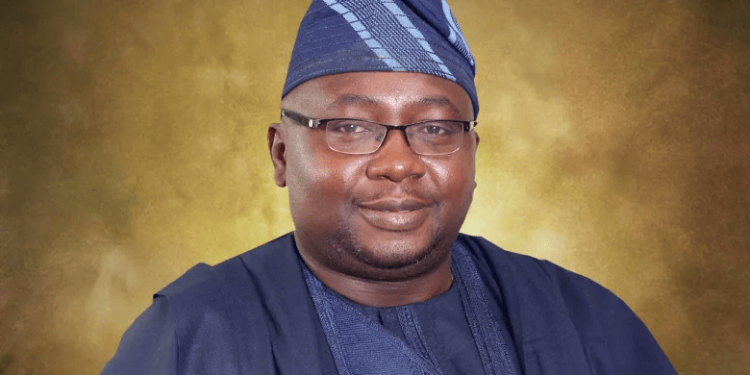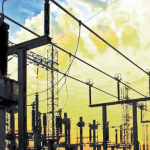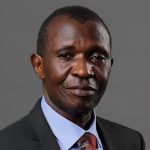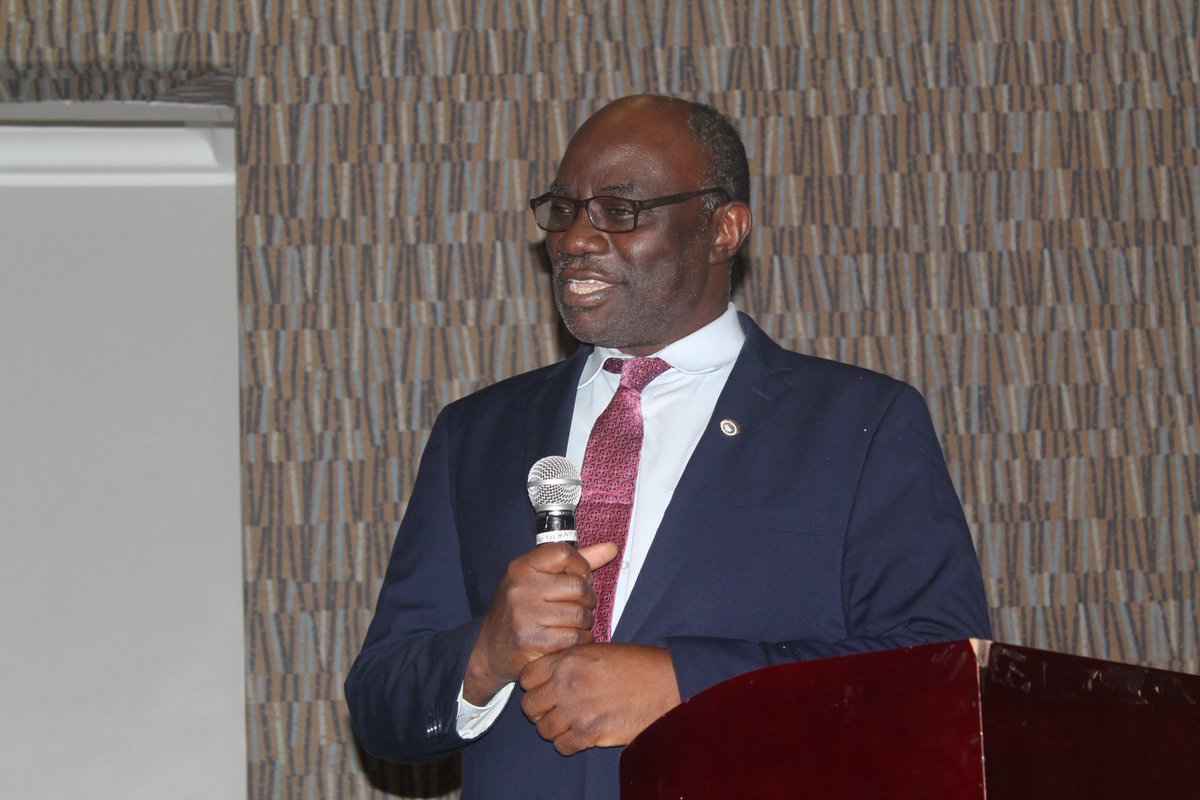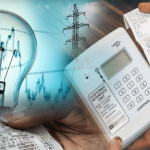The Minister of Power, Adebayo Adelabu, has announced that private entities will require around N750 to generate one kilowatt-hour (kWh) of electricity due to the rising costs of petrol. For diesel-powered generation, the cost is even higher, reaching N950 per kWh, both of which are significantly above the N209 per kWh paid by Band A customers.
In a recent address in Lagos, Adelabu responded to consumer complaints regarding the Band A tariff, emphasizing that while some may view the charges as high, they are still more cost-effective compared to self-generating electricity using petrol or diesel generators. He stated, “Though customers are kicking against the Band A tariff, they know it is still cheaper compared to generating their own power with petrol or diesel.”
Addressing misconceptions propagated by some media outlets, Adelabu clarified that the increase in revenue for power distribution companies (Discos) should not be seen as an additional burden on consumers. “I need to correct an impression. There’s a section of the media that says this revenue is an additional burden on the consumers. No, it is not. It is just a mere reallocation of resources from what they used to spend on petrol and diesel. Now they are paying to enjoy a good power supply,” he explained.
Highlighting the financial dynamics of the sector, the minister revealed that in 2023, the power sector generated N1 trillion in revenue, while consumers spent a staggering N16.5 trillion on procuring petrol and diesel to run their generators. “Now that we have a more stable supply than we used to have, a lot of people do not spend on fuel again, not on diesel, not on petrol,” Adelabu added.
The current tariff structure sees Band A consumers paying N209 as a full cost-reflective tariff. In contrast, generating a kilowatt-hour of power with a petrol generator costs approximately N750 at the current petrol price of N1,000 per liter. For diesel generators, the cost remains around N915 per kWh.
Adelabu noted the consumers’ choices in the energy market, likening them to “a beautiful bride that has now tried two matrimonies.” He urged electricity consumers to recognize the benefits of supporting Discos to sustain the ongoing reforms in the power sector, thereby avoiding a return to reliance on fuel generators.
In his commitment to improving Nigeria’s energy landscape, Adelabu assured the public that power generation capacity would increase to 6,000 megawatts by the end of the year. However, he acknowledged that frequent grid collapse incidents could hinder this ambitious goal.
As Nigeria continues to navigate the complexities of its energy sector, the minister emphasized the importance of cooperation between the government, power distribution companies, and consumers to create a sustainable and efficient electricity supply system that benefits all stakeholders.


